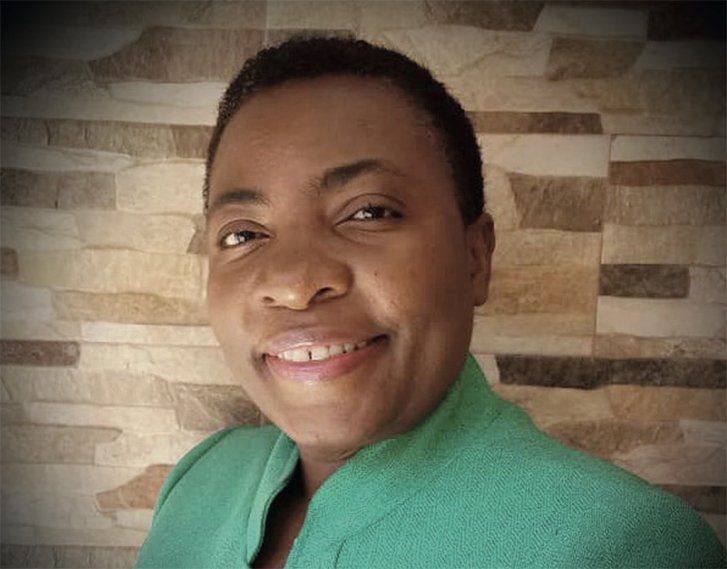Haitians Supporting Themselves

Gabrielle Aurel is director and founder of Sonje Ayiti Organization (SAO) a nonprofit organisation founded in 2004 in Atlanta, Georgia with the mission of Helping Haitians Help Themselves, through education, economic development, and health promotion. SAO began working in the North and Northeast of Haiti in 2007.
Scholars believe that access to education is a critical pathway out of poverty, with schools as strategic locations for the development of ties to the community. It is with this philosophy that SAO implements its vision of a transformed and improved Haiti. To do this, we focus on the most vulnerable. The journey began in 2010 when 12 orphans from earthquake-ravaged Port-au-Prince made their way to relatives in the remote community of Cima on the outskirts of Limonade. The families welcomed the children; however, there was no school in Cima, and they could not afford to send them (or their own children) to school in Limonade which is several kilometers away.
SAO recruited local leaders and began the daunting task of bringing hope to the children in despair. In the quest to create hope for these children, we were compelled to reengineer our education program. We realized that it was not sufficient to solely sponsor youth from rural families pursuing university and technical degrees. SAO decided to start from the bottom up and began working to create access to education by providing a quality curriculum to children in the village of Cima. The dream that began with thirty children 10 years ago has grown to 325 students in preschool through to 9th grade.
Political disturbances and the Covid pandemic caused difficulties and upheaval, but did not keep us from teaching and learning. Classroom teaching was reduced, and motorcycles were used to make trips to the students to deliver and pick up homework packets weekly until the students were able to return to the building.
During the past year, SAO implemented several new projects including Positive Periods that taught girls how to make reusable sanitary protection and learn about sexual health, enabling them to regularly attend school. The program took place over the summer and trained over 200 girls, across 15 schools and communities who have been busy cascading this training to their peers. There was also Business Training to better prepare students to set goals, manage funds, and improve livelihoods in an uncertain future job market and limited opportunities.
Despite the recent challenges in Haiti at the moment we have been able to progress with our Positive Periods workshops, thanks to a truly amazing team there, undaunted by the current events.
Stelandie Jean-François, started the session introducing the materials they will be using and the patterns that they will use to create their own reusable pads. Her students have no experience sewing so they will be learning this skill also. They are very excited to be getting hands on experience making period pads that will help them live a fuller life, and come to school every day.
The school nurses delivered the training modules covering sexual health educational sessions. This ensures that girls and young women know more about menstruation and female sexual health. This supports them to better manage and understand their menstrual health and wellbeing.
In the initial workshops, staff are trained how to deliver the program in their respective schools. This way the knowledge is cascaded through to the wider community.
We would like to offer our heartfelt appreciation and thanks to the team in Haiti who have been able to go ahead with the workshop, despite the current challenges.
Most schools in Haiti are privately run and tuition fees constitute a barrier for many families. SAO has managed, through sponsorships, to waive tuition fees, provide one hot meal daily, health insurance, teaching supplies, books, extracurricular activities, and on-going training to staff. We strive to create an environment conducive to learning to ensure that rural Cima School of Hope students have the same opportunities as students in urban and/or metropolitan areas.
Education in Haiti should be standardized so that students from all walks of life can benefit from the educational system. Cima School of Hope’s enrollment rates have significantly increased over the years, and many parents feel a sense of pride and security, knowing that education is key to success. They value that their children will not be left behind because they were born in a rural area where education is a luxury. Cima School of Hope is a ray of hope for the future generations of its community.
First published in Engage 23.




